The Ministry of Education and Training has just announced the draft Resolution of the National Assembly on a number of specific mechanisms and policies to make breakthroughs in education and training development, and is seeking comments on the Ministry's electronic information portal.
A notable point in the draft is the provision that the Minister of Education and Training is responsible for deciding on a unified set of general education textbooks, and at the same time reviewing and editing the content to suit the reality. This is considered a solution to overcome the shortcomings in the implementation of many sets of textbooks in the past, aiming to ensure quality and consistency in teaching and learning.
The draft Resolution proposes 6 key policy groups:
Human resources and education administration: The direct management agency is assigned to appoint leaders of educational institutions; the Director of the Department of Education and Training has the authority to manage and use the team of teachers, staff, and employees of preschools and general schools. The Minister of Education and Training issues standards and criteria for the Director of the Department of Education and Training. The draft also stipulates preferential allowances, flexible recruitment and treatment mechanisms, and joint tenure to attract and retain high-quality human resources, and build a team of teachers and management staff that meet regional and international standards.
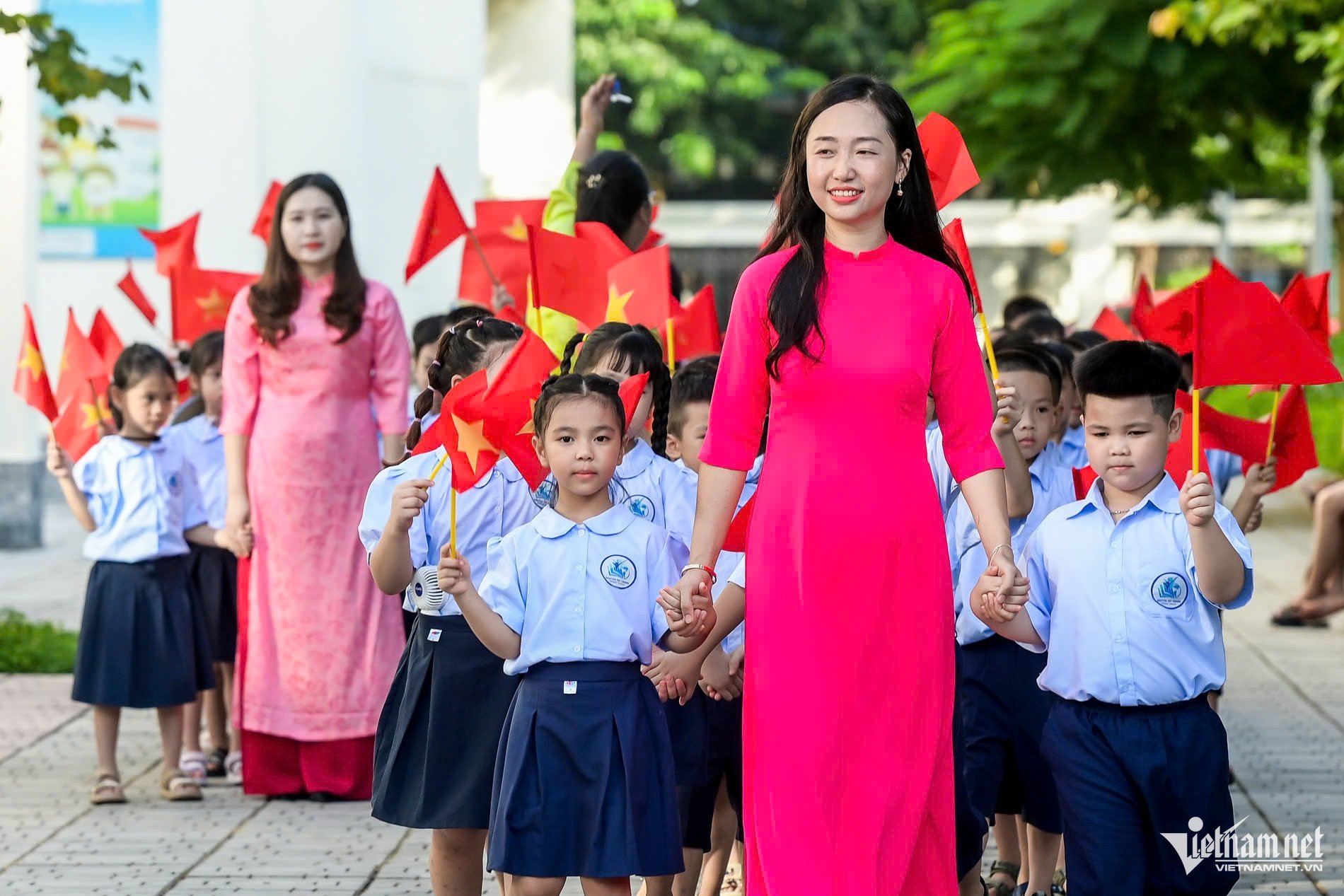
Education program and content: The Government decides on the policy of reforming the program, the mechanism of ordering training with enterprises, the system of recognizing learning outcomes, credits, certificates, and skills to ensure connectivity and lifelong learning. The Minister of Education and Training reports annually to the Government, directs the innovation of preschool programs, allows piloting new educational models, builds a Vocational Skills Council, and develops open universities linked to the labor market. The Government stipulates a special mechanism for training in culture, arts, high-performance sports , journalism and publishing, with selection based on aptitude, specific professional standards, investment priority, and performance-based remuneration.
Digital transformation, science and technology: Piloting cooperation between the State - schools - enterprises to build a smart national education platform to serve administration, teaching, testing and assessment; developing a human resources database connected to the labor market. Piloting a mechanism for using the budget, mobilizing domestic and foreign experts to develop strategic technology, deploying a digital university model, sharing resources, investing in shared laboratories, enhancing research and technology transfer in key areas.
International integration: Pilot visa exemption and work permit exemption for 5 years for foreign experts and scientists with doctoral degrees participating in management, teaching and research. Some key universities are authorized to confirm cases not subject to work permit issuance and are responsible for degrees and working conditions. Educational institutions are allowed to organize international conferences and seminars by themselves, only need to notify the Ministry of Education and Training and the Provincial People's Committee, no permission is required. Encourage cooperation with universities in the world's top 500 to open branches in Vietnam under the PPP model; allow international students to work up to 20 hours/week.
National Scholarship Fund: Established under the Ministry of Education and Training from the budget, contributions, and legal sponsorship, to provide scholarships for talented people, develop high-quality human resources, encourage study and research, and support vocational skills. The Fund operates publicly and transparently, with independent audits and an inter-sectoral monitoring mechanism.
Finance and investment: The state budget allocates at least 20% of total expenditure for education, of which development investment expenditure is at least 5%, and university education expenditure is at least 3%. Prioritize preschool, general education, and disadvantaged areas, ensure investment in vocational education, university, and universalize lower secondary education by 2030 and high school education by 2035. Ensure free textbooks before 2030, and free tuition for National Defense and Security Education. Implement outstanding incentives on land, taxes, and facilities and grant medium-term public investment authority to the Directors of Hanoi and Ho Chi Minh City National Universities.
The draft Resolution is being widely consulted by the Ministry of Education and Training before being submitted to the National Assembly for consideration and approval.
Source: https://vietnamnet.vn/bo-truong-gd-dt-chiu-trach-nhiem-quyet-dinh-mot-bo-sgk-pho-thong-thong-nhat-2446501.html


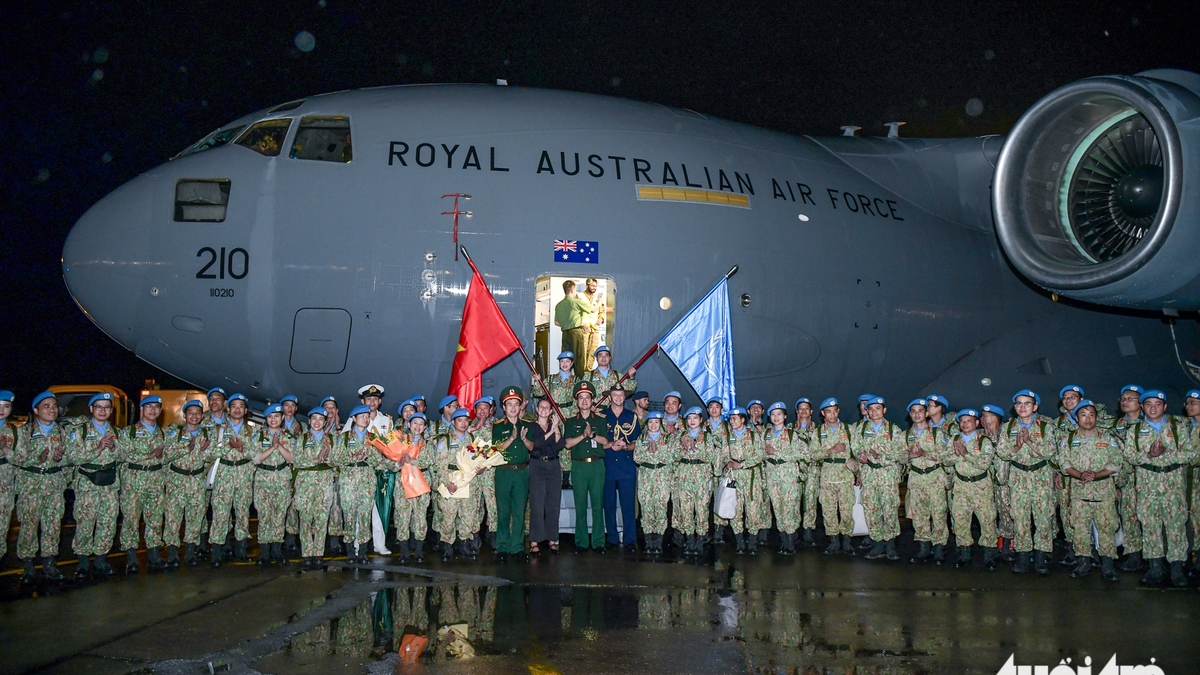




![[Photo] Prime Minister Pham Minh Chinh attends the groundbreaking ceremony of two key projects in Hai Phong city](https://vphoto.vietnam.vn/thumb/1200x675/vietnam/resource/IMAGE/2025/9/27/6adba56d5d94403093a074ac6496ec9d)








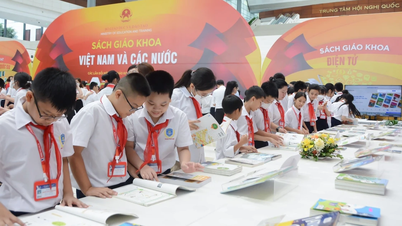







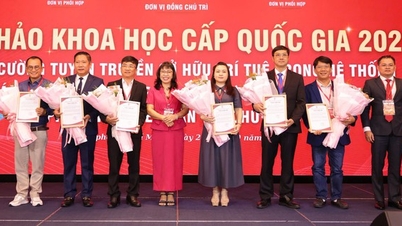
![[Video] From 2027, the high school graduation exam will combine computer-based and paper-based exams.](https://vphoto.vietnam.vn/thumb/402x226/vietnam/resource/IMAGE/2025/9/27/31a7772ddf034dfe9315061dda9618f1)







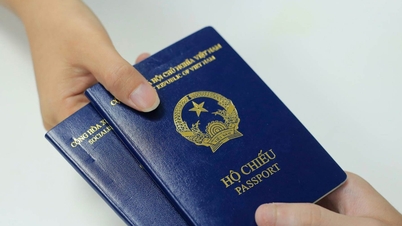


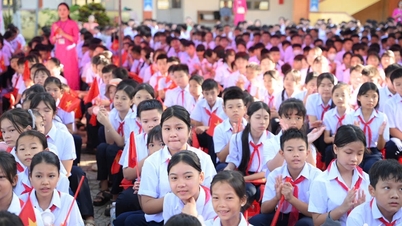











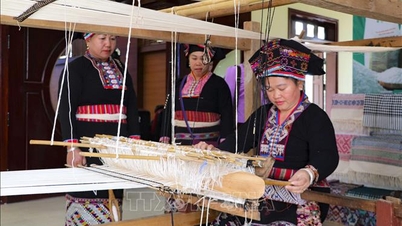




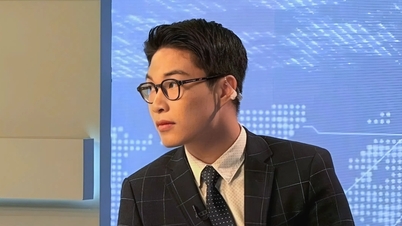
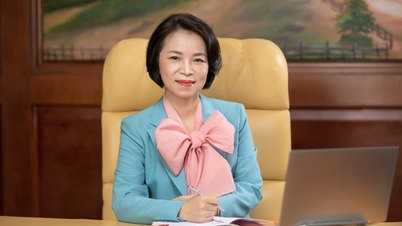






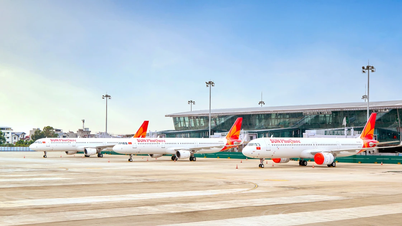
















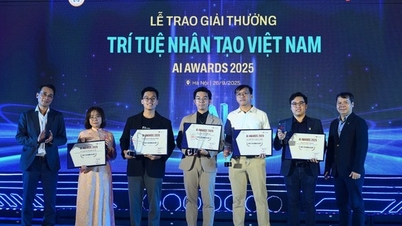
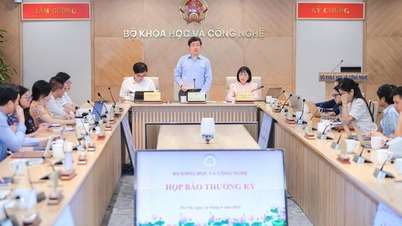


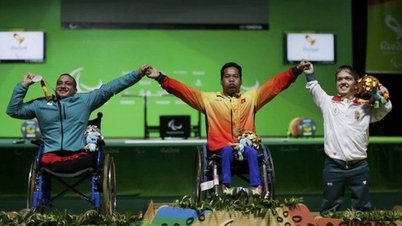





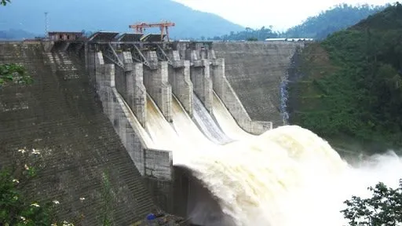








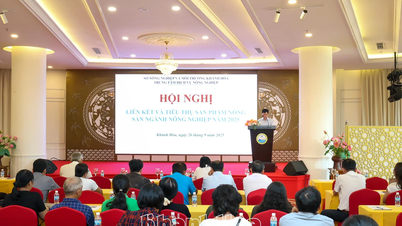









Comment (0)